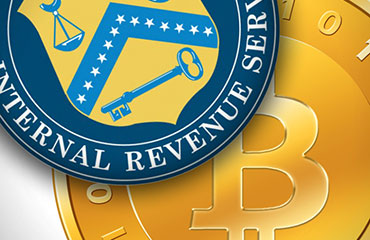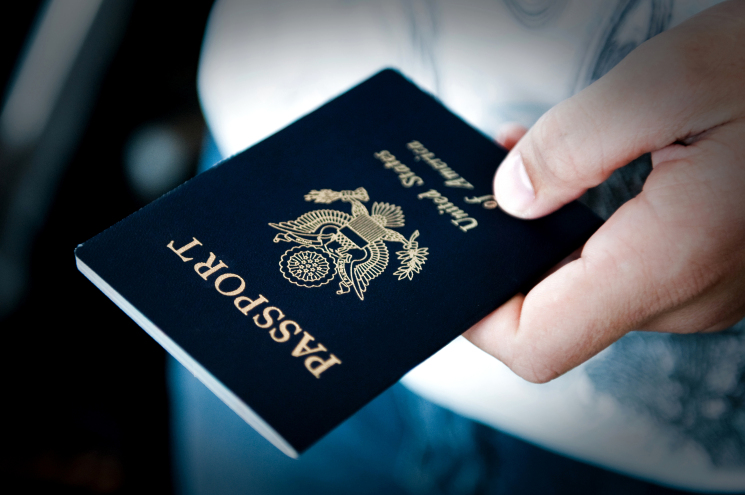The IRS is Targeting Puerto Rico Act 20, 22 and 60
The IRS is targeting individuals who have taken advantage of tax incentives under Puerto Rico Act 20, 22 and 60, which exempts from taxation certain business and investment income of recently relocated Puerto Rican residents. The IRS has intensified its focus on individuals who may be erroneously reporting US source income as Puerto Rico source income to evade US taxation.
Act 20 and 22 became Act 60 in Puerto Rico on July 1, 2019. It was part of a larger bill that consolidated several tax incentive programs into a single law, known as the Puerto Rico Incentives Code 60.
Act 20 was originally enacted in 2012, and it offered tax breaks to businesses that exported services from Puerto Rico. Act 60 expanded the scope of Act 20 to include individuals who relocate to Puerto Rico and become bona fide residents. These individuals are now eligible for a variety of tax breaks, including exemptions from federal and local income taxes on certain types of income.
Act 22, also known as the Individual Investors Act, is a Puerto Rican law that provides tax breaks to individuals who relocate to Puerto Rico and become bona fide residents. The law exempts these individuals from Puerto Rico income taxes on all passive income realized or accrued after they become residents. Passive income includes interest, dividends, rental income, and capital gains.
To qualify for Act 22, individuals must meet certain requirements, including:
- They must be U.S. citizens or lawful permanent residents.
- They must not have been residents of Puerto Rico for the 10 years preceding their move.
- They must spend at least 183 days per year in Puerto Rico.
- They must make a minimum investment of $100,000 in Puerto Rico.
- Act 22 has been controversial since it was enacted in 2012. Some people argue that the law benefits the wealthy at the expense of the poor, while others believe that it has helped to boost the island’s economy.
Here are some of the benefits of Act 22:
- 0% tax on interest, dividends, rental income, and capital gains.
- No property taxes on primary residences.
- Reduced corporate income tax rates.
- Reduced capital gains tax rates.
- No inheritance tax.
The passage of Act 60 was seen as a way to attract businesses and individuals to Puerto Rico, and it has been credited with helping to boost the island’s economy.
The IRS has also been investigating individuals who have used Puerto Rico’s Act 22 as a tax saving tool for cryptocurrency trading and other activities. In January 2021, the IRS launched a campaign targeting such taxpayers.
The IRS’s focus on Puerto Rico tax incentives is part of a broader effort to crack down on tax evasion and increase revenues. The IRS has also been targeting individuals who have used other US territories, such as the US Virgin Islands, to reduce their US tax bills.
Here are some key takeaways from a recent Bloomberg article. Also, here is a summary from Cointelegraph.
- The IRS is targeting individuals who have taken advantage of tax incentives under Puerto Rico Act 20, 22 and 60.
- The IRS is also investigating individuals who have used Puerto Rico as a tax haven for cryptocurrency trading and other activities.
- The IRS’s focus on Puerto Rico tax incentives is part of a broader effort to crack down on tax evasion.
- Individuals who are considering taking advantage of tax incentives in Puerto Rico or other US territories should be aware of the potential legal risks associated with non-compliance.
- It is essential to seek professional advice to ensure compliance with tax laws and regulations.
Individuals who are considering taking advantage of tax incentives in Puerto Rico or other US territories should be aware of the potential legal risks associated with non-compliance. It is essential to seek professional advice to ensure compliance with tax laws and regulations, which so many have failed to do.
Here are some ways that taxpayers might abuse Act 22/60:
- Claiming to be a resident of Puerto Rico but not fully relocating. This could involve spending less than the required 183 days per year in Puerto Rico, or maintaining a home and other ties to the mainland United States.
- Claiming they purchased the asset/crypto after they moved to the island when they bought it before they moved. This could involve claiming that a stock or other investment was purchased after the taxpayer moved to Puerto Rico, when it was actually purchased before the move.
- Setting up shell companies or other entities in Puerto Rico to funnel income through. This could involve creating a company in Puerto Rico that is owned by a taxpayer who is not a resident of Puerto Rico, or using a Puerto Rican trust to hold assets that are not actually located in Puerto Rico.
- Using Act 22 to avoid paying taxes on income that is not actually passive. This could involve claiming that income from a business is passive when it is actually active, or claiming that income from a sale of property is capital gains when it is actually ordinary income.
The bottom line is that the tax benefits of moving to Puerto Rico are excellent and perfectly legal. But, shockingly, people have found ways to abuse the system. They want to live in the US but not pay US taxes. This is a road to trouble. If you want the tax benefits of Puerto Rico you must commit to living on the island.
In closing, I am often asked why Puerto Rico is allowed to make its own tax laws which superseded US Federal tax law. Here’s the reason:










